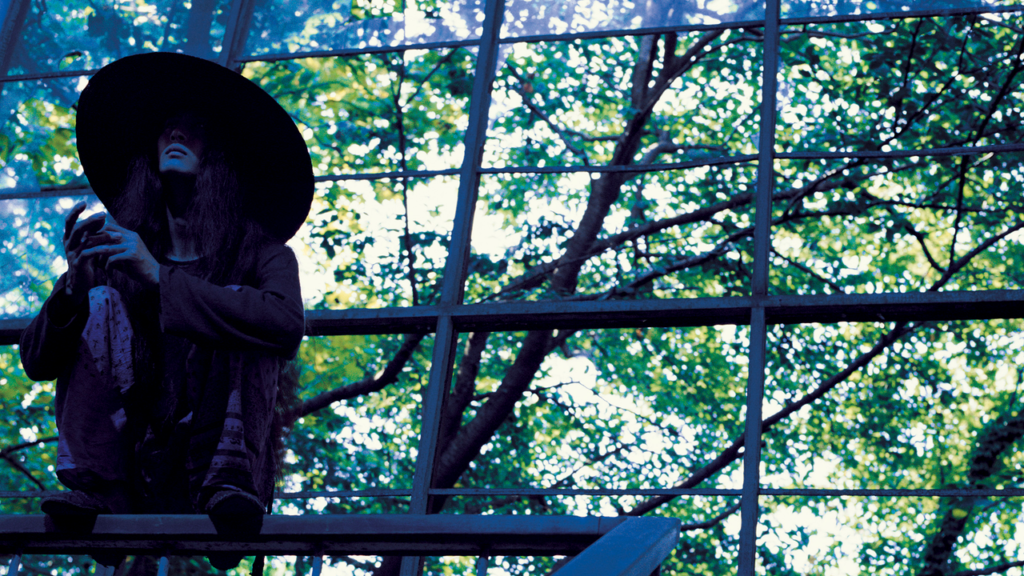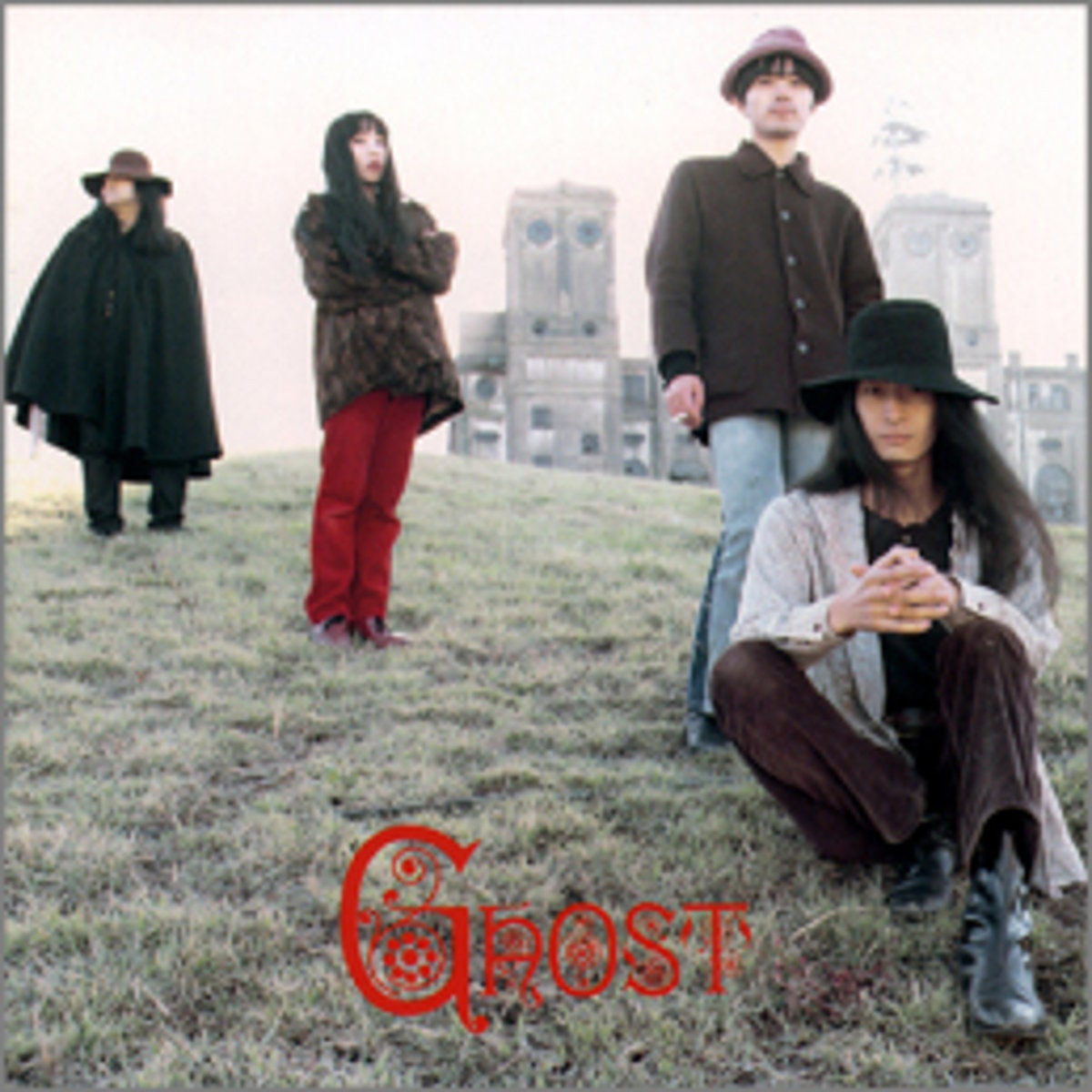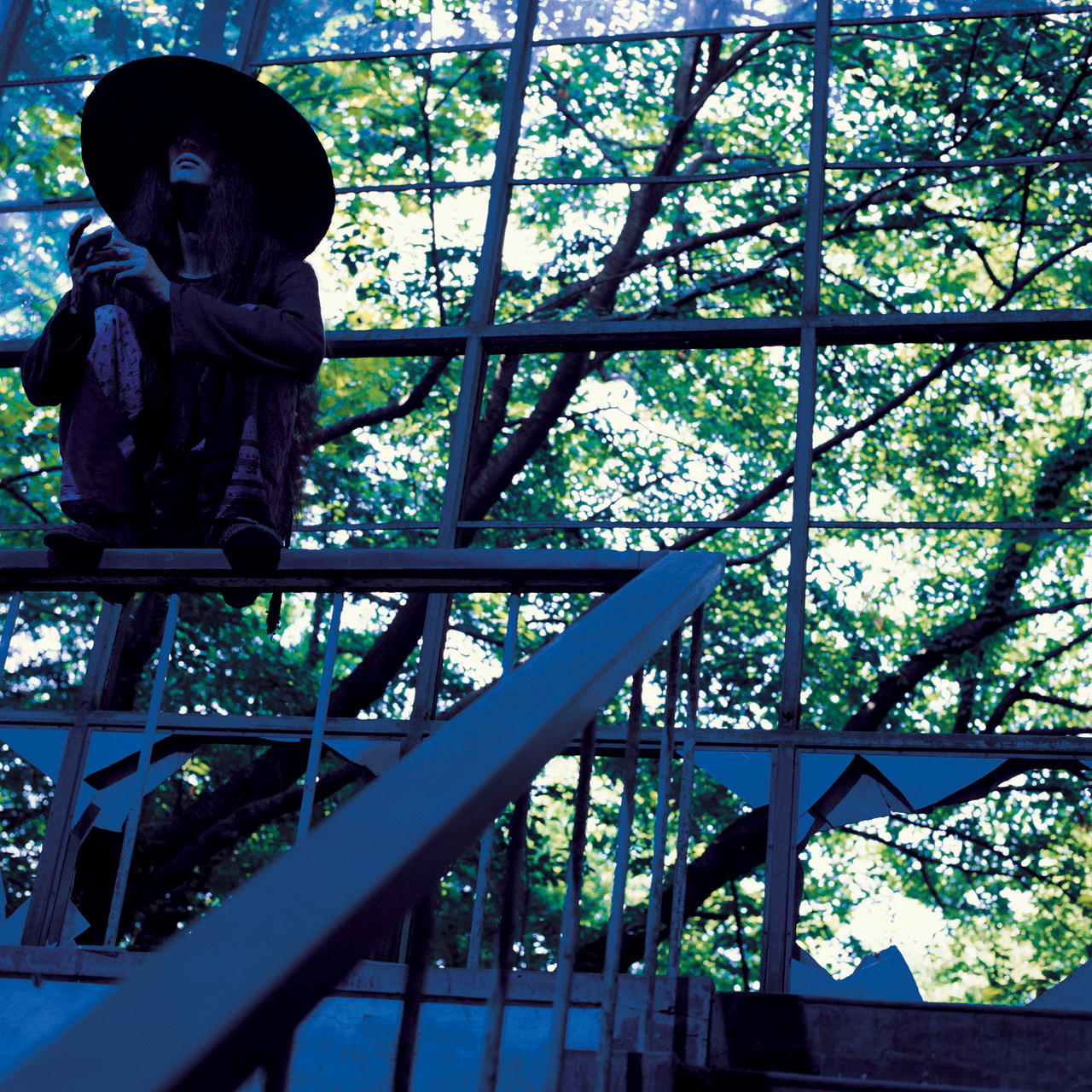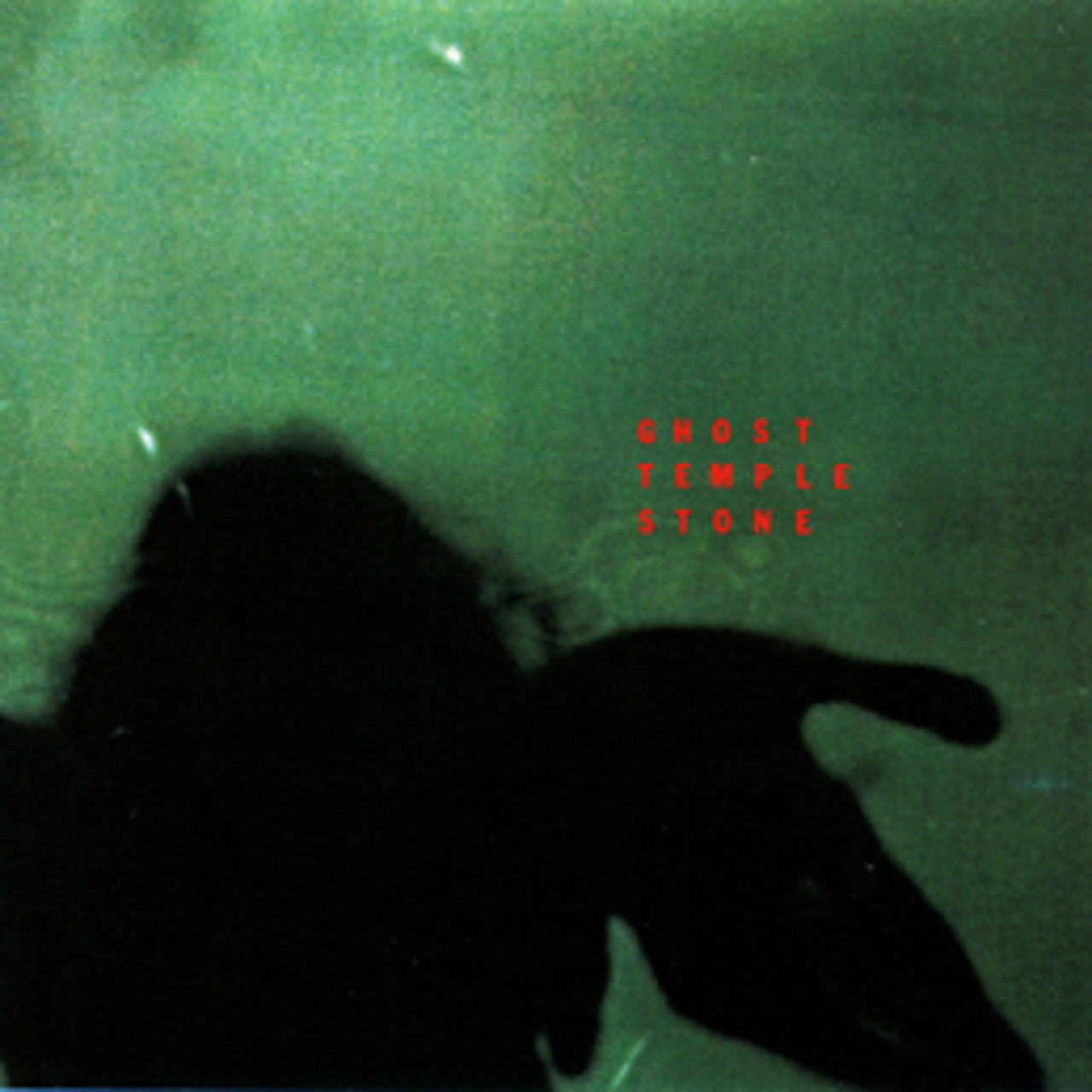However the actual meat of Ghost is living within the ballads—which prominent the band from maximum in their P.S.F. comrades, who appreciated overwhelmingly distorted energy chords and swift tempos. The wispy “I’ve Been Flying,” a music of delicate escapism, floats on Batoh’s acoustic guitar and featherlight vocals harking back to Nick Drake. Considered one of Ghost’s maximum shifting and artistic songs, “Ballad of Summer time Rounder” balances between class and shambles till the drums and bass propel the piece right into a defiant paintings of empowerment. After a poignant, fragile flute solo by way of Taishi Takizawa, the observe morphs right into a chaotic, Faust-ian rock entanglement. At the lacily gorgeous “Rakshu,” the temper is gloriously devotional; Hagiya’s valedictory oboe section sends the listener to the go out feeling shaken to the core.
Ghost expanded their timbral palette on 2d Time Round, including Celtic harp, lute, vibraphone, and bouzouki to the crowd’s arsenal. The fundamental taste is people rock that yearns for a legendary, unspoiled previous, however with out the luggage of sentimentality. At the identify observe, Ghost find the golden imply between starkly menacing and triumphantly majestic, whilst the band makes intimacy sound huge on “A Day of the Stoned Sky within the Union Zoo,” the place Ogino’s heroic recorder solo strikes with plumed-serpent aplomb. “Conscious From a Litter” is a dramatic, flute-powered ballad with obliquely gorgeous acoustic plucking. As continuously occurs with Ghost on this generation, the music revs into the next equipment and ascends the mountain with puffed-out chest. On mantric rocker “Orange Sunshine,” Ghost, flaring into prog-rock pugnacity, succeed in the uncommon feat of constructing acoustic guitars sound heavy and ominous. 2d Time Round peaks on “Impending From the Inside of.” After a trance-inducing acoustic guitar and flute intro, the observe jump-cuts to an pressing rhythmic thrust, because of Iwao Yamazaki’s lively tom bumps; assume Can’s “Diet C,” however now not as funky. One needs that Ghost ventured into this difficult rhythmic-attack mode extra continuously, because it contrasts effectively with their folkier tendencies.
Temple Stone accommodates spiritualized iterations of songs from Ghost’s first two LPs, recorded within the Seiryu Temple and Waseda Salvation Church. The manufacturing is remarkably bright, given the place the recordings have been made. The songs vibrate with extra depth than of their album variations, as though appearing in sacred zones had increased the contributors’ chops. The standard “Blood Pink River” is a revelation, its fractured blues and noisy free-jazz explosions evoking a wracked combo of Nick Cave & the Unhealthy Seeds and the Pink Crayola’s free-form freakouts. A large number of are living data come off as redundant, however Temple Stone renders Ghost’s early, magisterial subject matter in boldfaced italics.
Following Temple Stone, Ghost remodeled right into a somewhat extra standard rock workforce (they even did a Rolling Stones duvet), including White Heaven guitarist Michio Kurihara and creating a facility for prog rock and extra brazenly political stances, as exemplified by way of music titles akin to “Exchange the Global” and “Track In, Flip On, Loose Tibet.” Collaborations with Magic Hour and Damon & Naomi confirmed that Ghost may adapt to blown-out and hushed Western indie-rock protocols, respectively. However as fascinating as the ones tours are, Ghost created their maximum unique and enduring song on those first 3 albums.
All merchandise featured on Pitchfork are independently decided on by way of our editors. Then again, whilst you purchase one thing thru our retail hyperlinks, we would possibly earn an associate fee.





